Introduction
Ramadan, the ninth month of the Islamic calendar, is a time of spiritual significance and devotion for Muslims worldwide. It is a month of fasting, prayer, and reflection. Let’s explore Let’srigins, practices, and cultural aspects of this holy month.
Read More: Digital News Planet.
Origins and Dates
- Islamic Calendar: Ramadan follows the lunar calendar, which means its dates vary each year.
- Sighting of the Crescent Moon: The exact start of Ramadan depends on the sighting of the first crescent Moon.
- 2024 Dates: In 2024, Ramadan begins at sundown on Sunday, March 10, and ends at sundown on Tuesday, April 9.
- Eid al-Fitr: The final evening of Ramadan is celebrated as Eid al-Fitr, a joyous occasion when the month-long fast concludes with a festive feast.
Fasting and Traditions
- Dawn-to-Sunset Fast: From puberty onward, all Muslims (with exceptions for illness, travel, pregnancy, etc.) abstain from food, drink, and other physical needs during daylight hours.
- Cleansing and Empathy: Fasting is believed to cleanse the body and remind believers of the suffering of the less fortunate.
- Sehri and Iftar: Before dawn, Muslims have a pre-fast meal called sehri, and they break their fast at sunset with a meal called iftar.
- Breaking the Fast with Dates: Traditionally, iftar begins with eating dates, following the example of Prophet Muhammad.
- Charity and Sharing: During Ramadan, Muslims often share food with the less fortunate and engage in acts of charity.
Spiritual Significance
- Inner Reflection: Ramadan encourages self-reflection, prayer, and seeking closeness to Allah.
- Nightly Prayers (Taraweeh): Muslims perform additional prayers called Taraweeh during the nights of Ramadan.
- Qur’an RevelatQur’ant commemorates the time when Allah revealed the first verses of the Qur’an to PropQur’anhammad.
Global Celebrations
- India and Pakistan: Mosques are adorned, and communities come together for prayers and communal iftar.
- Saudi Arabia: The Grand Mosque in Mecca witnesses large congregations.
- United States and Europe: Muslims gather for prayers and share meals with neighbours and friends.
Cultural Practices and Regional Variations
- Suhoor and Iftar Traditions
- Suhoor: The pre-dawn meal before fasting begins is called suhoor. Families gather to share this meal, often including foods rich in complex carbohydrates and protein to sustain energy throughout the day.
- Iftar: The evening meal to break the fast is called iftar. Mosques, community centres, and homes host communal iftar gatherings. Dates, water, and a variety of dishes are shared.
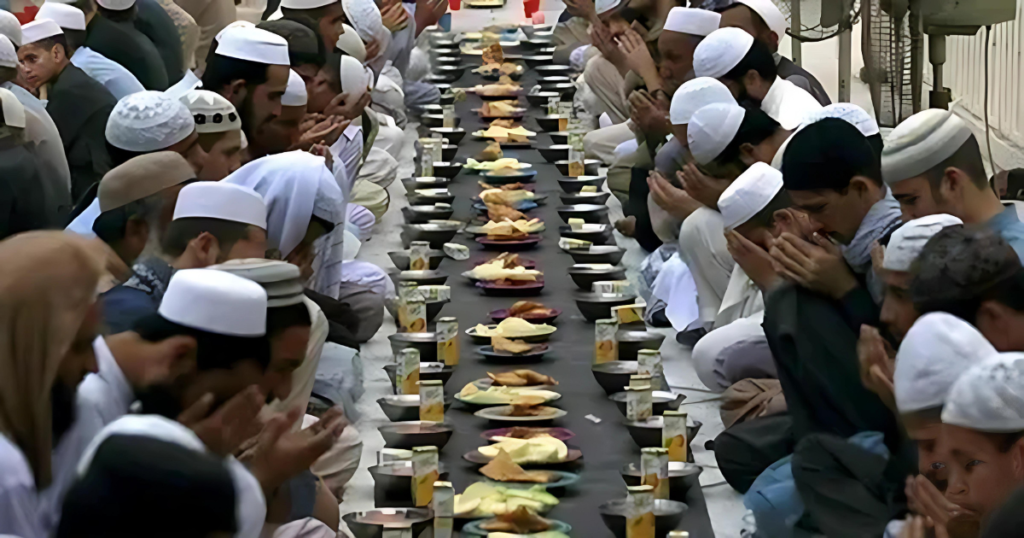
- Lanterns and Lights
- In some Muslim-majority countries, decorative lanterns (known as fanoos or fanous) are hung in streets and homes during Ramadan. These colourful lanterns symbolize the light of knowledge and hope.
- Nightly Taraweeh Prayers
- Muslims perform additional prayers called Taraweeh during the nights of Ramadan. These prayers are held at mosques and involve recitation of the Qur’an.
- The enQur’anur’an is diviQur’anto 30 parts, and one part is recited each night during Taraweeh.
- Charity and Zakat
- Ramadan emphasizes acts of charity and compassion. Muslims are encouraged to give zakat al-fitr, a form of almsgiving, before Eid al-Fitr.
- Zakat al-fitr ensures that even the less fortunate can partake in the festivities of Eid.
- Regional Delicacies
- Each culture has its special dishes associated with iftar. For example:
- In Egypt, fattoush (a salad with toasted bread) and koshari (a rice and lentil dish) are popular.
- In Turkey, pide (a type of flatbread) and baklava (a sweet pastry) are enjoyed.
- In South Asia, haleem (a slow-cooked meat and grain stew) and jalebi (a sweet dessert) are favourites.
Historical Context
- Revelation of the Qur’an
- Ramadan Qur’anmorates the time when the first verses of the Qur’an were Qur’an to Prophet Muhammad by the angel Gabriel in the cave of Hira.
- The Qur’an serves as Qur’anuide for Muslims, and its recitation during Ramadan holds immense spiritual significance.
- Battle of Badr
- The Battle of Badr, a significant event in Islamic history, took place during Ramadan.
- Muslims emerged victorious against a much larger Meccan army, reinforcing their faith and commitment.
Global Observance
- Nightly Prayers at the Kaaba
- Millions of pilgrims gather at the Kaaba in Mecca during Ramadan. The Taraweeh prayers at the Grand Mosque are particularly powerful.
- Lailat al-Qadr (Night of Decree)
- One of the last ten nights of Ramadan is believed to be Lailat al-Qadr, the Night of Decree.
- It is a night of intense worship, forgiveness, and blessings.
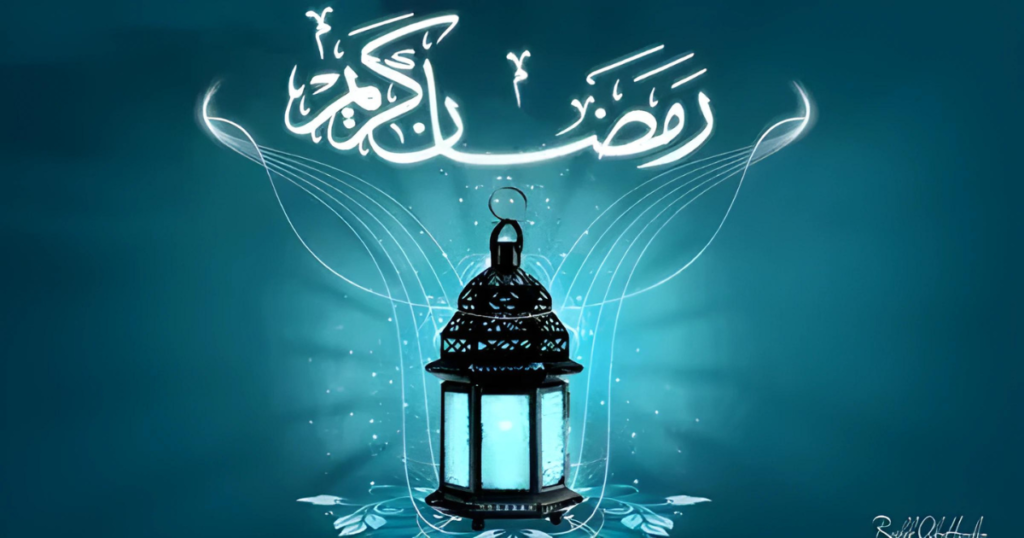
Conclusion
Ramadan is more than just abstaining from food; it is a spiritual journey that strengthens faith, empathy, and community bonds. As the crescent Moon heralds the beginning of this sacred month, let us embrace its teachings and seek blessings during this time of devotion.
To all those who observe Ramadan, we say Ramadan Mubarak (“blessed Ramadan”)!
-
When does Ramadan start in 2024?
Ramadan’s exact start date depends on the sighting of the crescent Moon. However, based on astronomical calculations, Ramadan is expected to begin in the evening of Sunday, March 10, 2024, Tuesday, and continue until Wednesday,09 April, 2024.
-
How is the start of Ramadan determined?
The Islamic calendar is lunar, and the sighting of the crescent Moon determines the beginning of each month. Local religious authorities rely on certified Moonmoon-sighting committees to announce the start of Ramadan.
-
What are some important practices during Ramadan?
Fasting from dawn to dusk is the central pillar of Ramadan. During daylight hours, Muslims abstain from food, drink, and smoking. Additionally, they focus on increased prayer, recitation of the Quran, and charitable giving.
-
What resources can help me learn more about Ramadan?
DIGITAL NEWS PLANET will provide a variety of informative articles and content throughout Ramadan. We’ll cover topics like prayers, fasting guidelines, recipes for Suhoor and Iftar, and the spiritual significance of the holy month. Stay tuned for more!

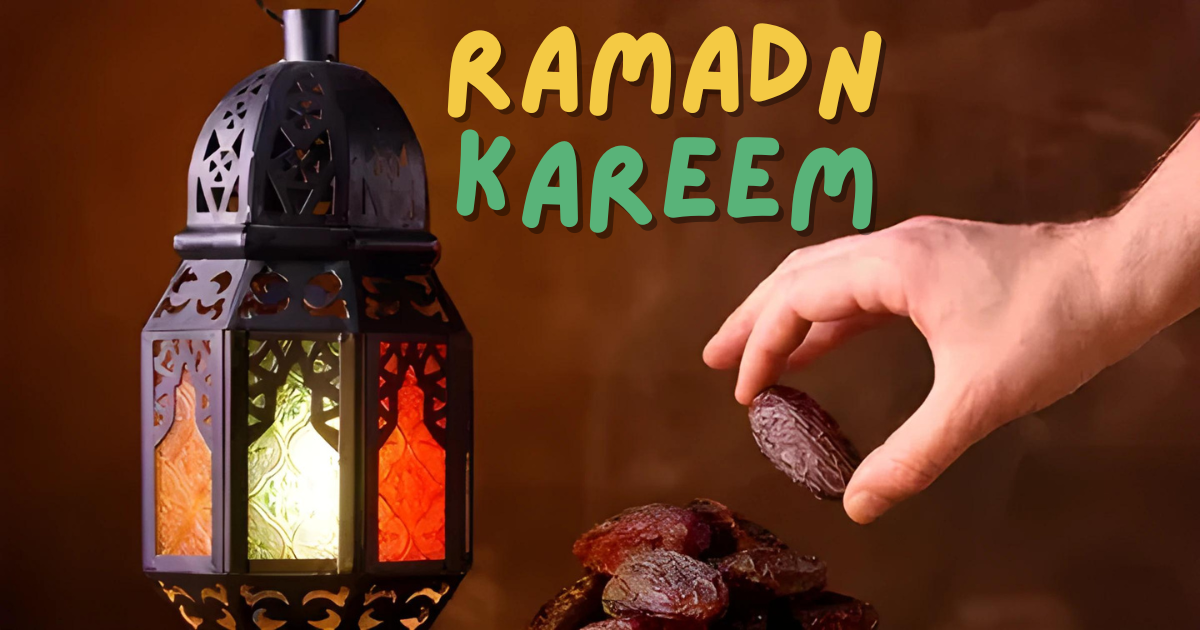
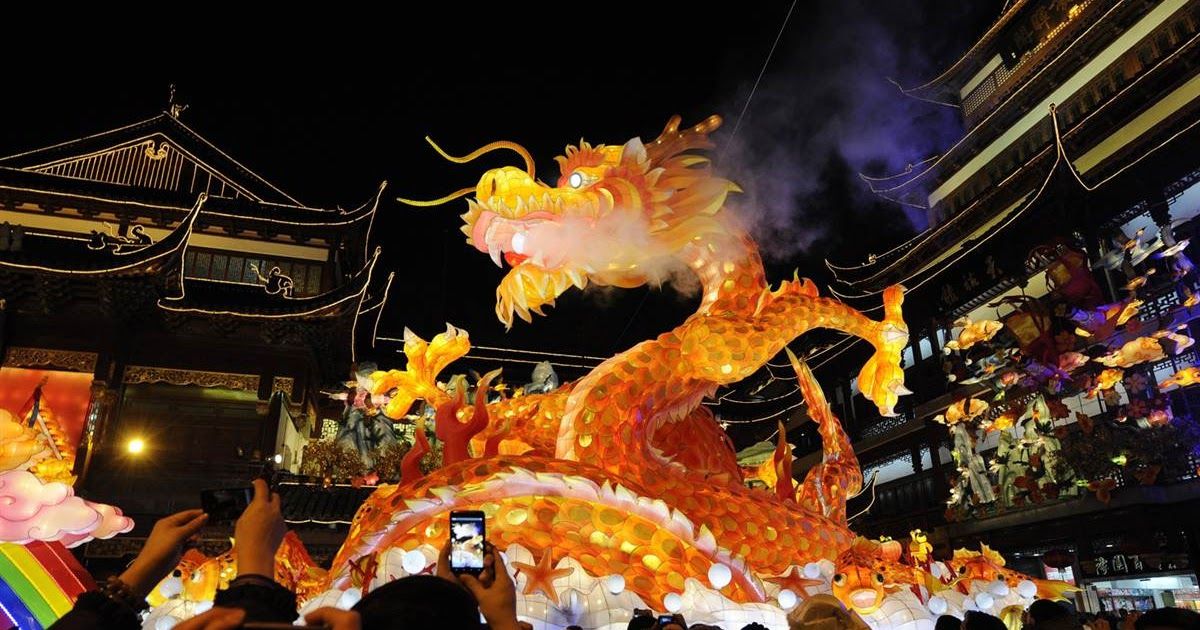


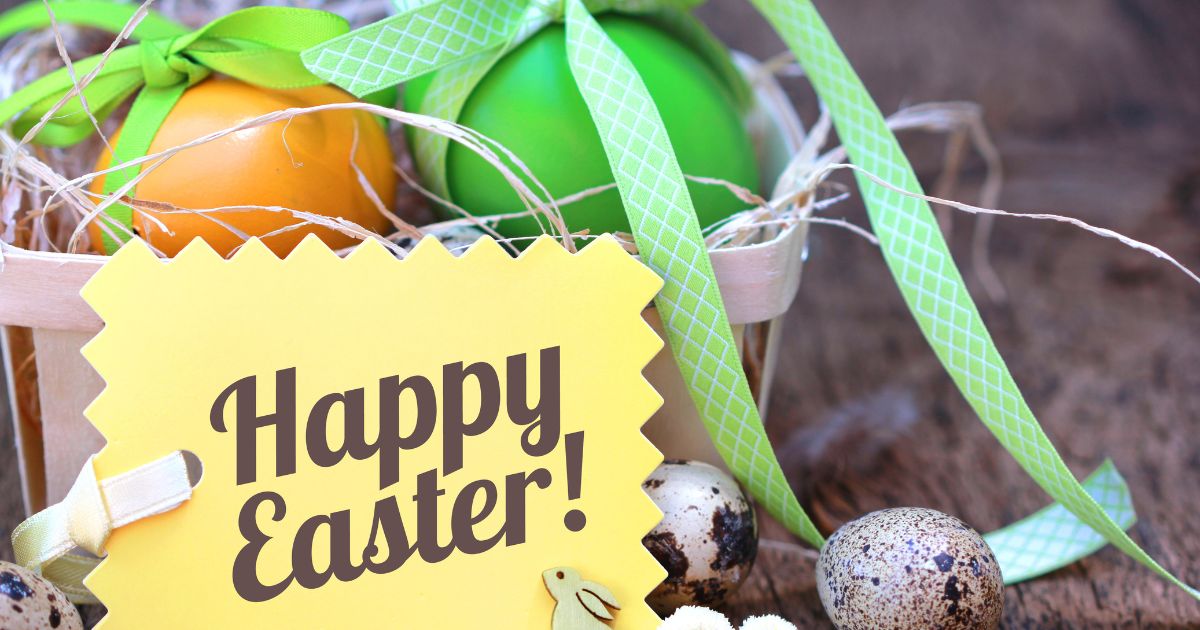
1 COMMENTS